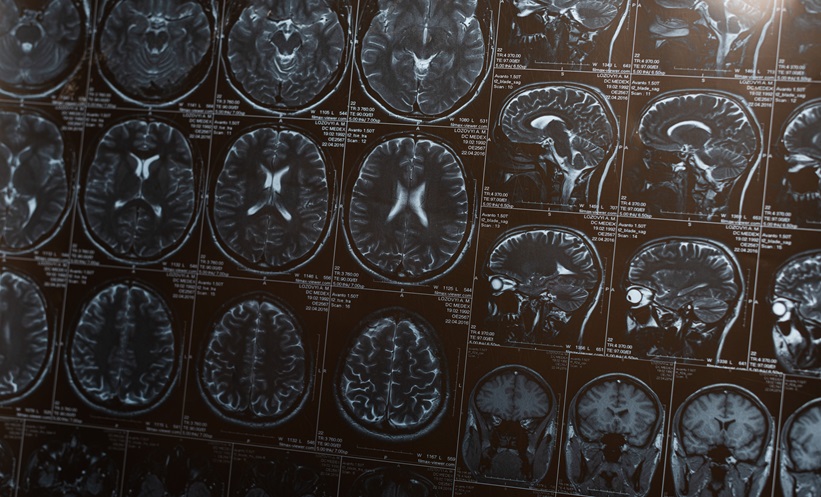A NEW study leveraged machine-learning algorithm paired with resting-state functional MRI in pre-surgical planning for high-grade glioma patients, helping clinicians foresee surgical outcomes.
High-grade glioma (HGG) is the most common and fatal brain cancer, representing 60-70% of new cases and carrying a median survival rate of just 14 months. Task-based functional MRI’s (fMRI) have been used to map the brain before surgery. However, as this method requires patients to participate in cognitive or motor tasks, it is not always feasible. With resting-state fMRI, mapping intrinsic brain connectivity without task performance is possible under sedation, which allows for simultaneous mapping of multiple networks.
Researchers led by Dr. Patrick Luckett at the Washington University School of Medicine, have developed a highly-accurate machine-learning algorithm to predict surgical outcomes in patients with HGG. The research team retrospectively recruited 102 HGG patients who underwent structural neuroimaging and resting-state fMRI before surgery. By using demographics such as functional connectivity (FC) measures, volume and tumour location, they were able to train a random-forest classifier to predict functional outcomes in patients based on Karnofsky Performance Status (KPS), a metric indicating a patient’s ability to perform daily activities.
Results showed that the model achieved 94.1% accuracy and an area under the receiver operating curve (AUC) of 0.97 in predicting KPS scores. The model also identified the key predictors for FC after brain surgery, which include quality of resting state network connectivity between somatomotor, visual, auditory and reward networks. As well as tumour proximity to dorsal attention, cingulo-opercular, and basal ganglia networks. Age at diagnosis also emerged as a significant predictor and was associated with poorer functional outcomes. A history of hypertension and hyperlipidaemia and higher rates of seizures were also associated with worse outcomes.
These results suggest that machine learning can significantly enhance preoperative planning for HGG patients. The ability to predict KPS scores before surgery can guide surgical planning and strategies, balance long-term survival with potential complications, and inform the need for rehabilitation and support services. This study marks a significant step forward for AI use in surgical outcome predictions for high-grade glioma patients, promising improved disease management and patient care.
Reference:
Luckett P.H et al. Predicting post-surgical functional status in high-grade glioma with resting state fMRI and machine learning. J Neurooncol. 2024








